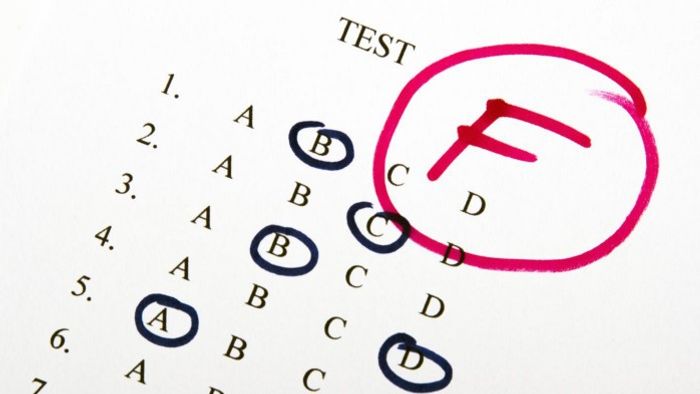Getting a job was always going to be difficult. I had no high school qualifications to boast of, and dropped out of my first year at college. More often than not employers wouldn’t respond to my CV. It was only once I could convince someone to meet me, that I was able to showcase myself properly. It’s how I got my first job, and every job ever since.
Whilst my grades don’t necessarily reflect this, I love to learn. “Lukewarm is no good” Roald Dahl once said, “If you are interested in something, no matter what it is, go at it full speed. Embrace it with both arms, hug it, love it, and above all, become passionate about it.” Unfortunately for my maths teacher I’d discovered a passion for journalism which required all of my energy to fulfil. I spent my time practising: writing, filming, recording.
I attended seminars, asked questions, made notes and collected as many contacts as I could. Meeting with decision makers face-to-face allowed me to promote myself in a way the CV couldn’t. In return, employers found a passionate, credible candidate — and one they’d have otherwise dismissed entirely had I emailed them. The reality was, on paper, I was dumb.
Today’s one-size-fits-all approach to examining students offers a false sense of fairness. It may be equal, but it’s equity that’s important here — everyone learns and works differently. With its emphasis on the CV, recruitment unfortunately only exacerbates the issue. But great ethic and authenticity are difficult to detect on a bit of paper, and many candidates are never given the opportunity to prove themselves.
In later years, this niggled me enough to consider leaving my job for university. I figured it would make my life easier in the long run. Of course, having failed my high school exams, getting into university was just as difficult as finding a job. For goodness sake, Roald Dahl! Most institutions wouldn’t even humour me, despite their websites trumpeting on about their alumni — many of whom were my colleagues at work.
Edinburgh Napier were however promoting a distance-learning Masters in Journalism, and it caught my eye. Not only would it allow me to continue working in the media, I’d never have to go into a classroom. I could participate from anywhere and at anytime. They also highlighted that experience would be taken into consideration if the traditional requirements weren’t met. It felt like the perfect opportunity.
But if I was unable to enrol onto an Undergraduate course, surely a Masters was out of the question entirely? You’d think so. But it took a forward thinking university with a flexible approach to give me that chance. They arranged a video interview where I was able to convince them I was capable, and it’s now almost two years since I graduated.
Initially I had worried about how comprehensive online teaching would be, that it might lack a sense of connection or camaraderie. In fact, the opposite was true. It was easier to get a hold of my wonderful tutors and we communicated daily through video. Lectures was recorded too, which allowed students to watch them back again and again — a brilliantly useful feature.
I continued my job whilst studying from the solace of my own home; meeting over video, learning over video, and socialising with classmates over video — despite us all living in different corners of the world. It brought 15 like-minded journalists together and opened our horizons. It sounds awfully cheesy when I put it into words, but it’s true. Video allowed that to happen.
So what does that say about conventional measures of intelligence, when someone with no high school grades can -within reason- breeze through a Masters? And what about the traditional recruitment process which so heavily leans on those grades? It’s pointlessly limiting for employers and candidates alike. With video, you can remove those barriers and put an emphasis on personality. People who would never have met, meet. It’s an incredible thing.
Fat, Head of Content, VizCareer
